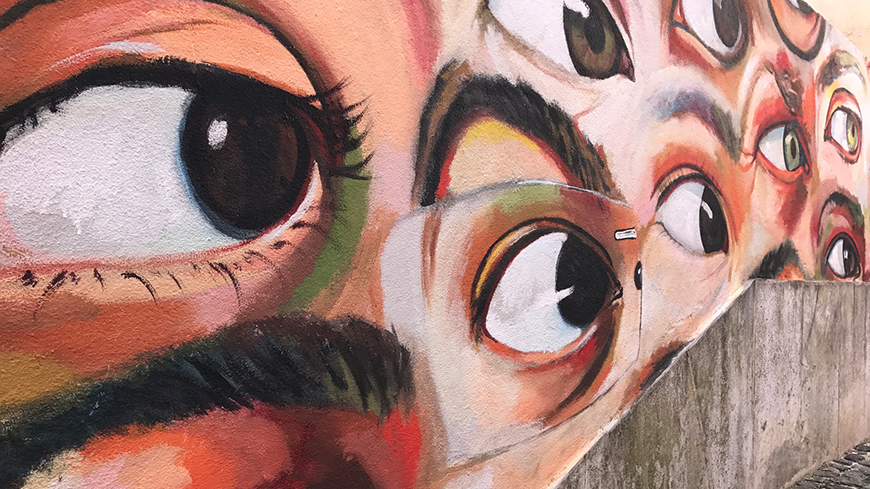Urban citizenship is not a new idea. Its root run deep in European history, when city states once held primacy. Only with the rise of nationhood did it fade from prominence but, in our new reality where global connectivity and mobility clash with exclusionary nativism, cities have been able to suggest strategies which satisfy both the moral and legal obligation to protect human rights, and address concerns about the impact of migration on communities.
As Benjamin Barber said in ‘If Mayors Ruled the World’:
“The politics of the city have a very different character to the ideological politics of the nation. [They] are about making things work - you’ve got to pick up the garbage, you’ve to keep the hospitals open, it doesn’t matter if the immigrants are legal or illegal - they have children who get sick and who have to go, to school, they ride buses, they drive cars. If you asked a mayor, ‘Do you think immigrants should be allowed in or not?’ they’d say ‘They are here.’”
As worrying policy developments across Europe result in greater obstacles for asylum-seekers and migrants to access legal residency, social protection, cultural belonging and physical presence, is there scope for an alternative polity in which these rights may be guaranteed to all? Exploring this question is the purpose of the workshop.
It is fitting that the ICC network should subject this old idea, with a new lease of life, to scrutiny ‘through the intercultural lens’. The workshop will explore what it may have to offer the network’s members, and what we in turn can contribute to enhance and operationalise it as a concept.
Ultimately, if Urban Citizenship is to thrive it must act for the many and not just as a defender of the few. It must offer hope to all those who feel their way of life has been disrupted or hollowed out by rapid change – including those who might find the migrant a convenient scapegoat for this.
However, within the confines of a short exploratory workshop, the attention should be focussed upon a distinct and tangible issue, where the problem can be defined and where practical responses can appear within reach. Thus, the workshop will identify what cities are doing, and could do more, to transform the ‘crisis’ of undocumented migration into a pragmatic reality of daily urban life and coexistence.
The theme of this workshop lies at the very heart of 2017’s Lisbon Declaration defining ICC’s strategy for the next 5 years: to reassert universal human rights within a framework of intercultural dialogue and civic life. Major themes of the seminar include:
- how cities (both municipal authorities, public services, corporate organisations and civil society) are acting in extremis to defend those under imminent threat of exclusion by the State through initiatives such as the sanctuary movement;
- how cities are operationalising the demand that municipal rights and services be extended to all through tools such as the ‘city card’; and,
- how new breakthroughs in technology might cut some of the bureaucratic Gordian Knots that currently afflict our systems of managing mobility and settlement.
The Seminar will also explore the extent to which urban citizenship will have to be extended in cooperation with national polities.
Urban citizenship remains a grey area of experimentation and risk. There is unlikely ever to be a single universal model because in every country the weight of tradition and legal precedent and rising populist speech will define the relationship of city to nation in different ways. Rather than wringing our hands however, the call from this Seminar is to start from wherever you may be and to embrace the art of the possible.
Documents




